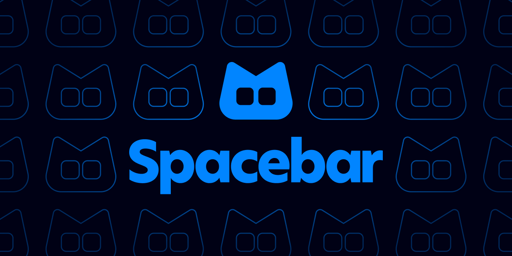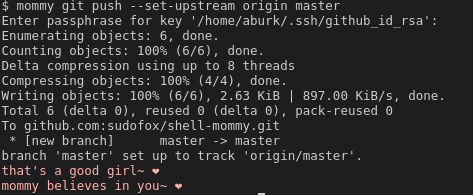

It’s easy. Mumble. Or the thing you used probably still works.
But you see, people never actually seek a discord alternative. They want a discord alternative that includes all the features in one app that is also federated, AND end to end encrypted, and each one makes things vastly more technically challenging and resource intensive and then you want them together.
A little secret: Matrix is much, much easier to host if you disable encryption and federation. Federation to many servers is the main performance killer, and “failed to decrypt message” will all disappear if you disable encryption.










Did you try meshcentral? It’s a selfhosted MDM.